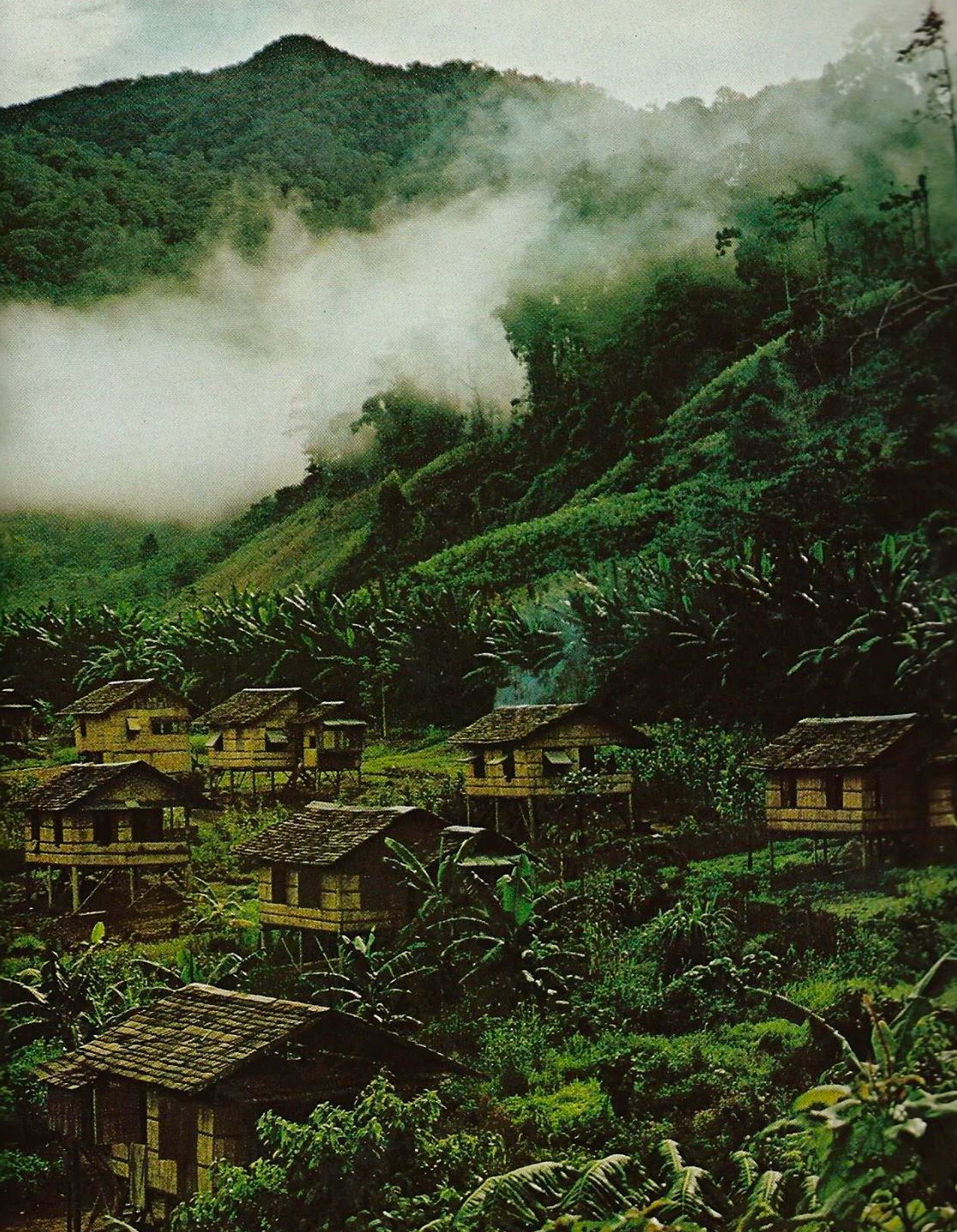this post was submitted on 13 Nov 2023
22 points (100.0% liked)
Geography
1179 readers
3 users here now
Welcome to c/Geography @ Mander.xyz!
Geography is just physics slowed down, with a couple of trees stuck in it. - Terry Pratchett

Notice Board
- 2023-06-13: We are looking for mods. Send a dm to @[email protected] if interested! This is a work in progress, please don't mind the mess.
Geography is the study of places and the relationships between people and their environments. Geographers explore both the physical properties of Earth’s surface and the human societies spread across it. They also examine how human culture interacts with the natural environment and the way that locations and places can have an impact on people. Geography seeks to understand where things are found, why they are there, and how they develop and change over time. Read more...
Rules
- Don't throw mud. Be kind and remember the human.
- Keep it rooted (on topic).
- No spam.
Quick Links
- What is geography?
- What is climate change and how do we know it is real?
- What can you do about climate change?
-
Links
News & Publications
Resources
- List of Professional Organisations
- List of personal actions and resources you can use to help combat climate change.
- Academics on Mastodon
- Inclusive Fieldwork
- The 'publishing and getting read' guide for researchers in geography - RGS

Similar Communities
Sister Communities
Science and Research
Biology and Life Sciences
Plants & Gardening
Physical Sciences
Humanities and Social Sciences
Memes
Find us on Reddit!

founded 2 years ago
MODERATORS
you are viewing a single comment's thread
view the rest of the comments
view the rest of the comments
This is the best summary I could come up with:
Over the next 10 years, after completing a PhD and going on to teach marine biology at Newcastle, Southampton and Plymouth universities, Prof Thompson spent his spare time beach-hopping, often enlisting students to help him gather dozens of sand samples in tinfoil trays.
Thompson’s hypothesis was correct: microplastics result from the lengthy breakdown of larger items, and they will linger for decades more thanks to plastic’s inherent durability, all the while absorbing harmful toxins and pathogens that end up in the bodies of marine animals.
What concerns Thompson is that policymakers may be led astray by much-hyped approaches that are already being used – for instance, hi-tech initiatives to remove plastic from the sea, such as the Ocean Cleanup.
We now know – again, thanks to experiments by Thompson and colleagues – that many biodegradables need controlled industrial conditions to degrade, and can take years to disappear in soil and sea.
“Let’s turn to the solutions, which lie upstream,” he told an audience of delegates from 58 countries, explaining that in order to slow the flowing river of plastic, we first need to narrow its source.
Growing scientific consensus on these and other issues could soon be crucial in guiding nations towards solutions, so as a scientist, Thompson is frustrated that there is no UN-level mechanism to communicate the most up-to-date plastics research to governments.
The original article contains 1,930 words, the summary contains 225 words. Saved 88%. I'm a bot and I'm open source!